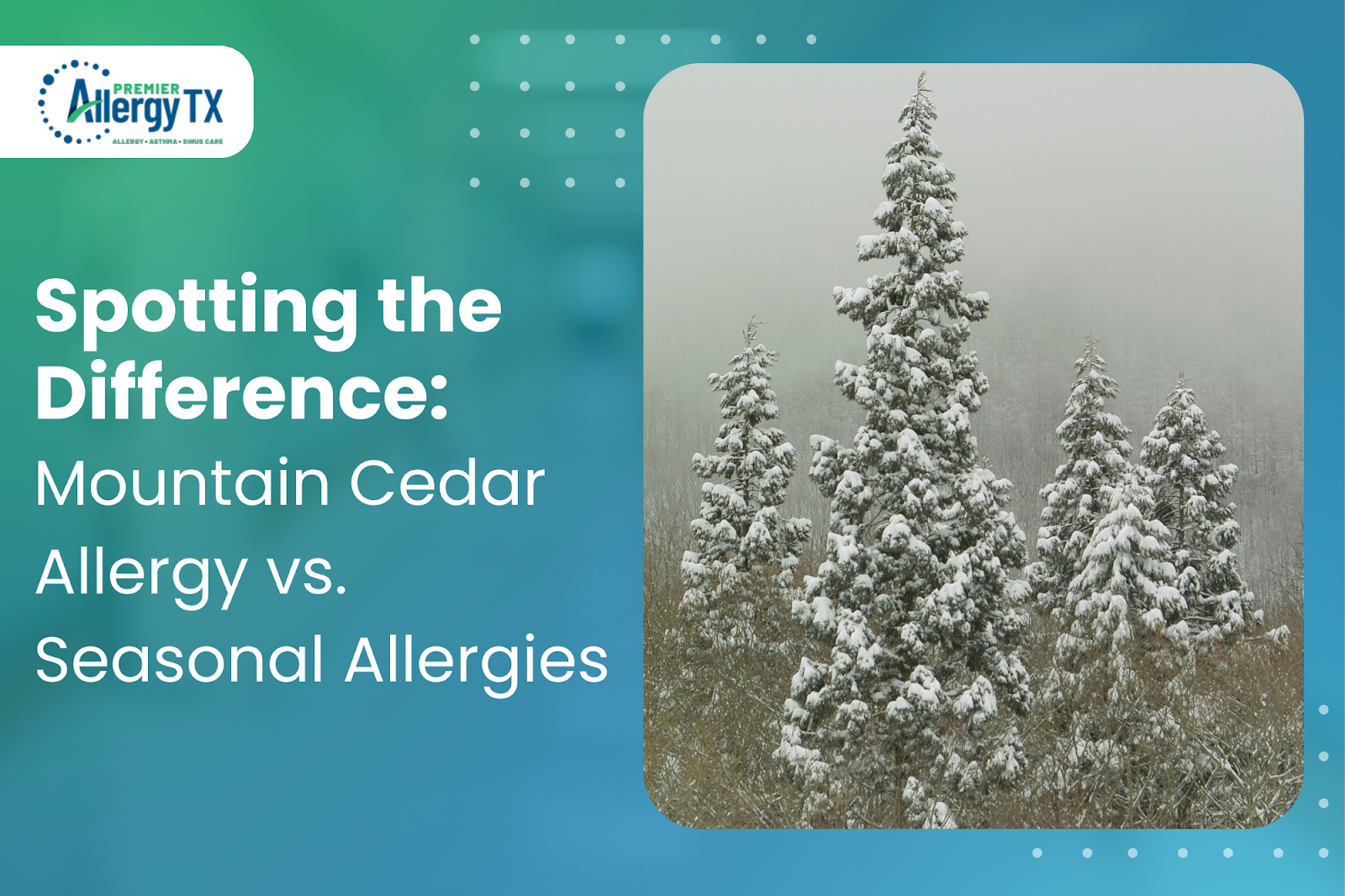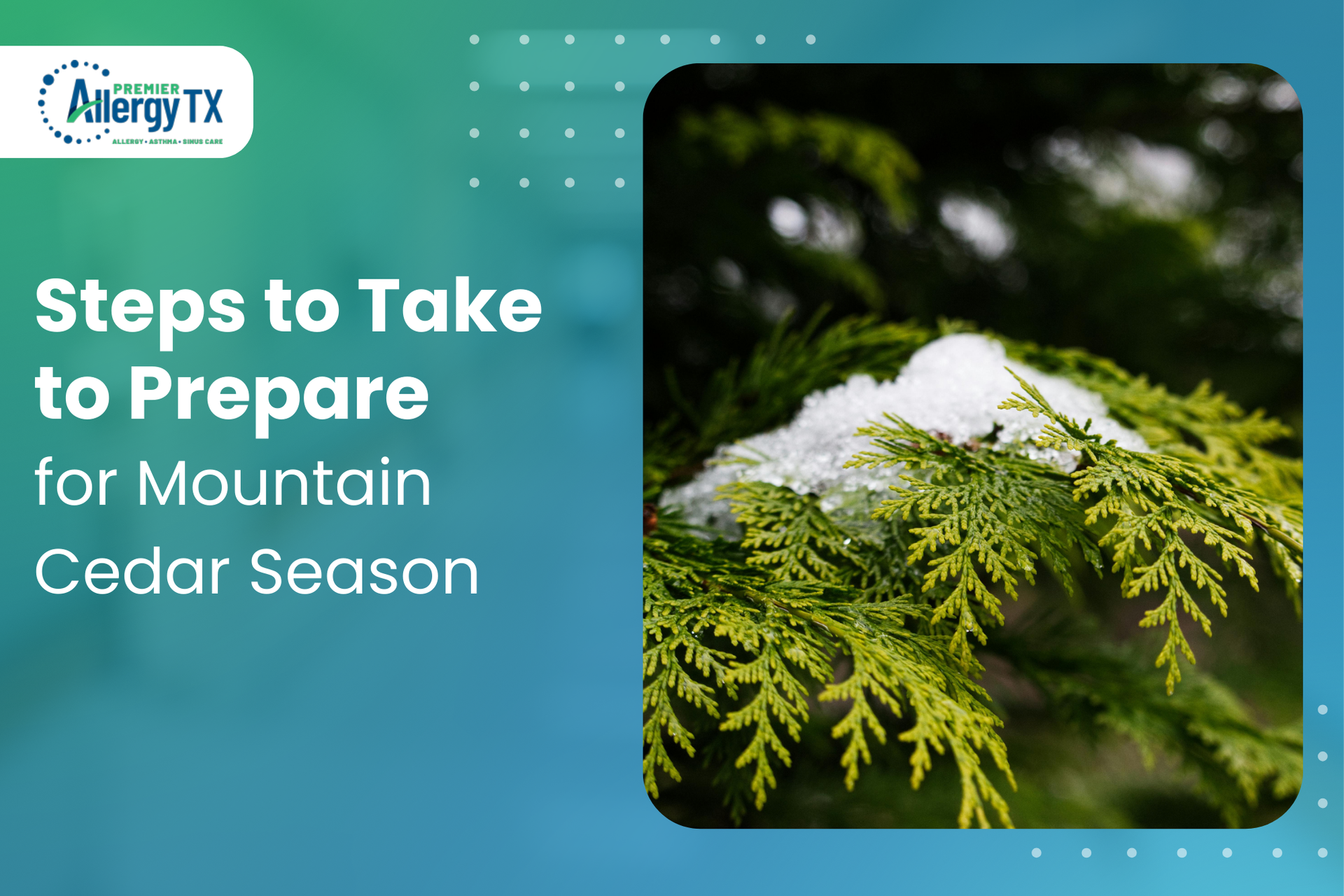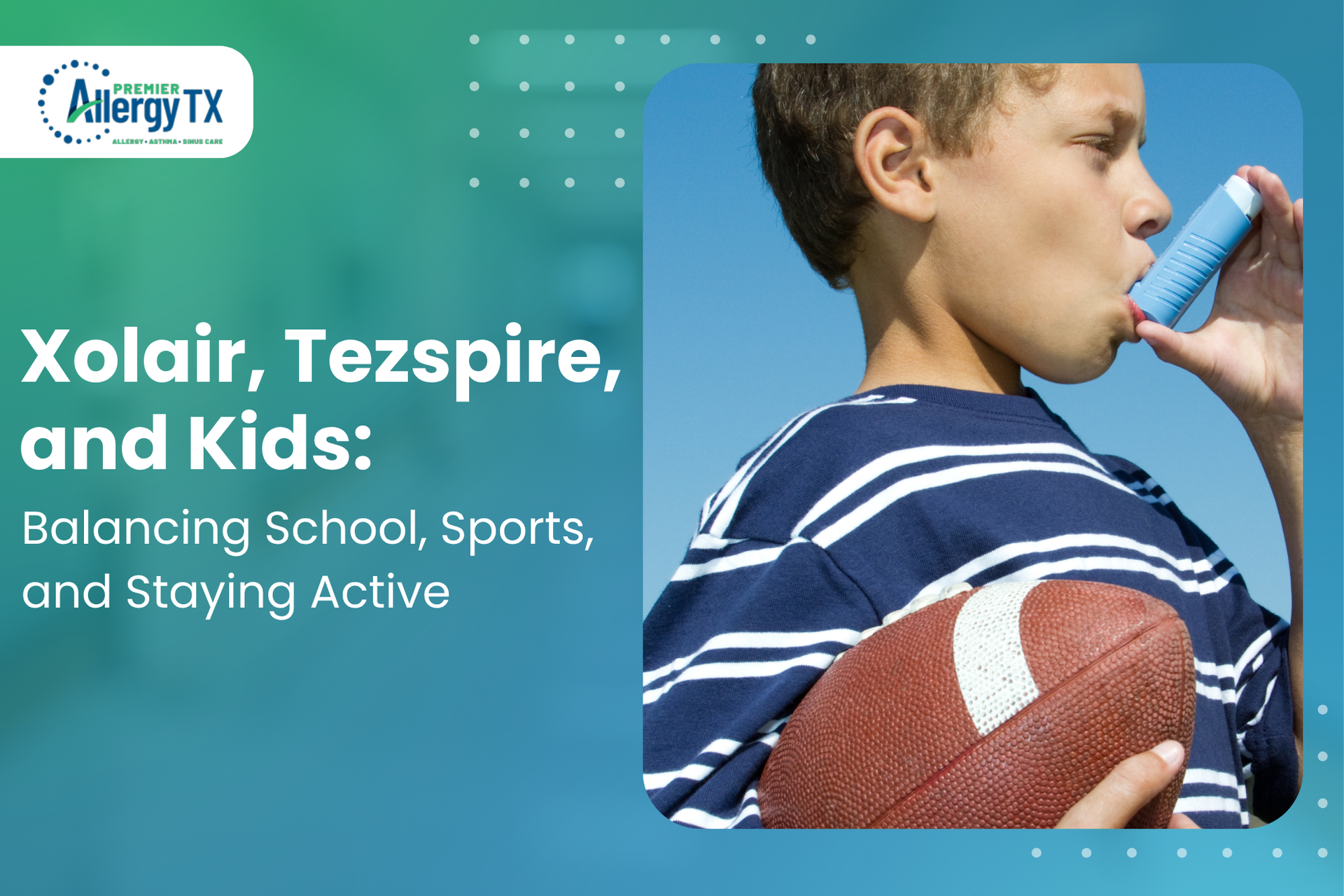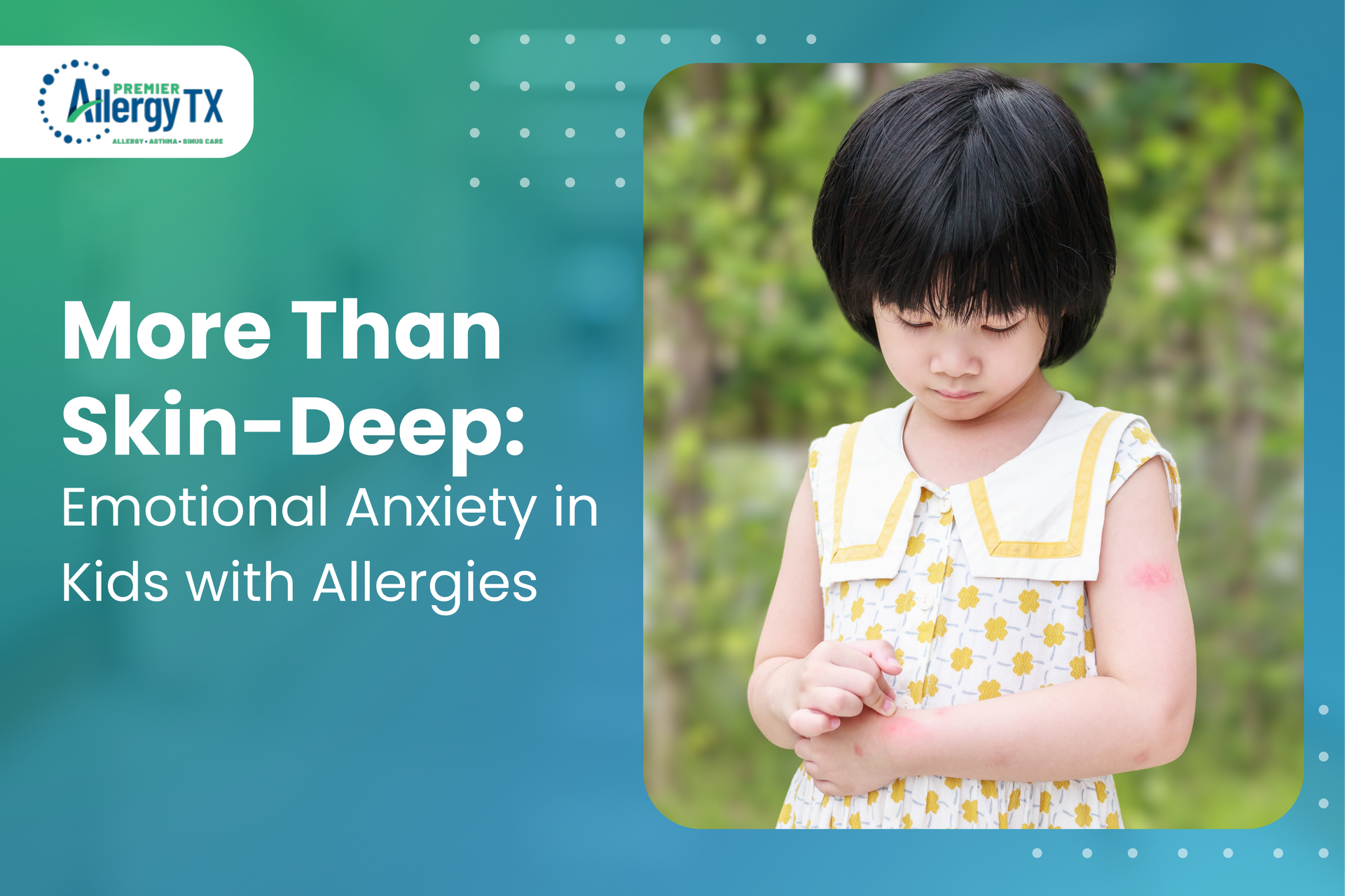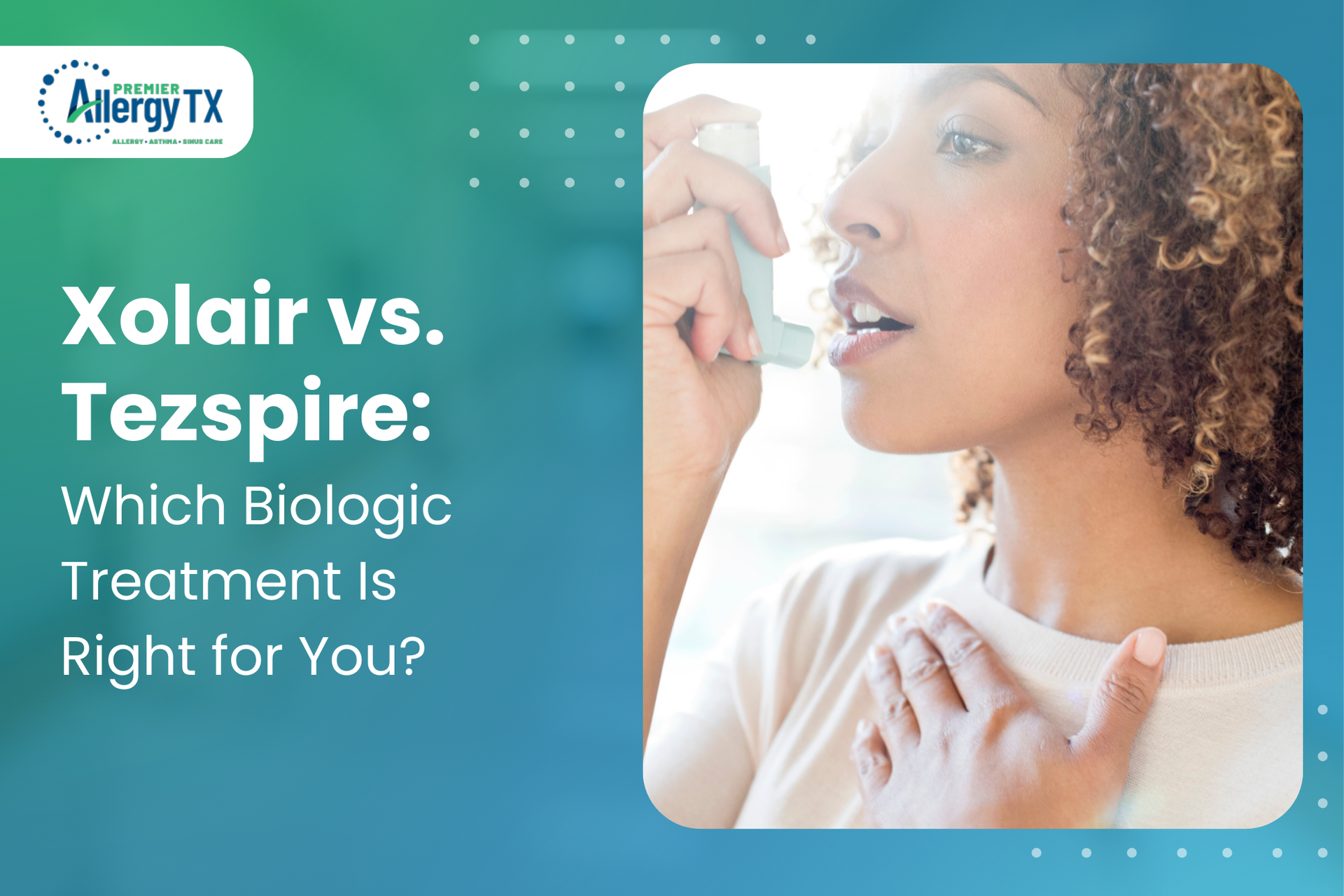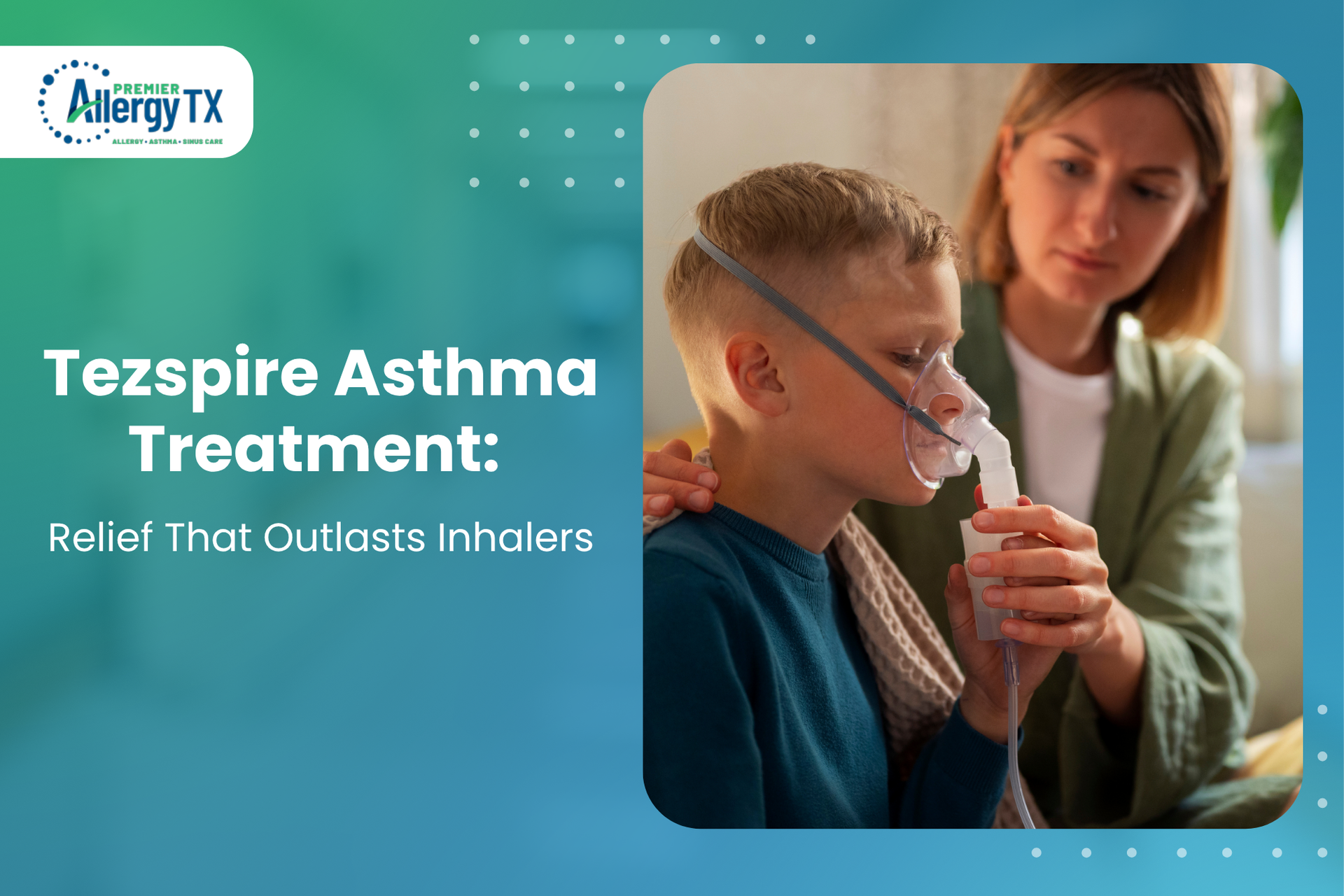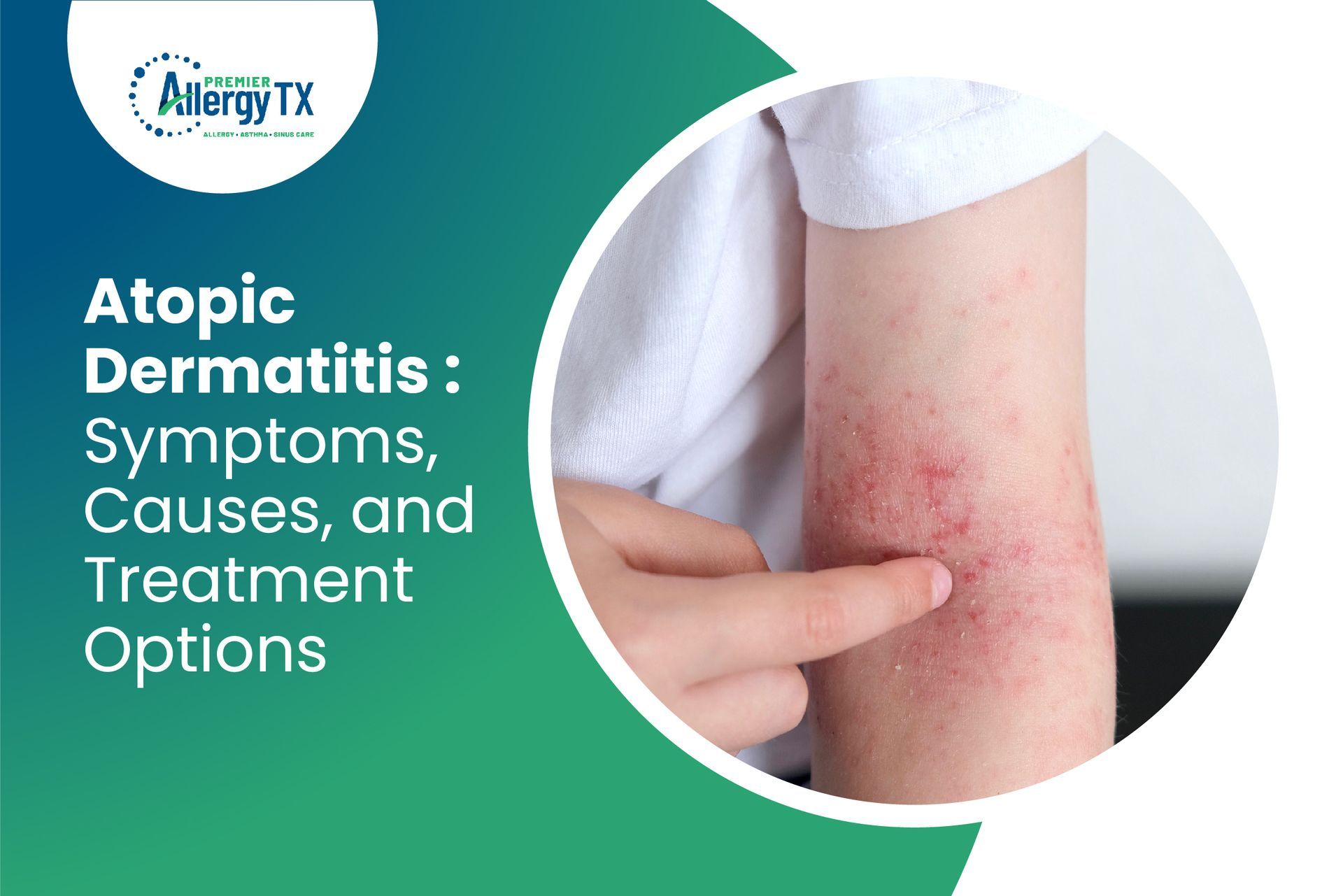In the summer,
hay fever, also known as allergic rhinitis, is a common ailment that affects many people. According to statistics from the
Asthma and Allergy Foundation of America, approximately 81 million individuals in the United States were diagnosed with the condition in 2021, totaling 26% of all adults and 19% of children.
You might suffer from hay fever too if you sneeze uncontrollably, get a runny nose, and have itchy, watery eyes when the sun is shining. This blog post will explore hay fever’s symptoms, causes, and available treatment options. By the end, you’ll better understand this seasonal allergy and how to manage it effectively.
What is Hay Fever?
When your immune system overreacts to airborne allergens that are usually harmless for most people, you develop hay fever, commonly known as
allergic rhinitis. These substances, known as allergens, can include grass, trees, and
weeds pollen. When you inhale these allergens, your immune system mistakenly identifies them as harmful and releases histamines, leading to the characteristic symptoms of hay fever.
Hay Allergy vs. Hay Fever
Hay allergies and hay fever are often used interchangeably, but they do not refer to the same condition. While the term “hay fever” might suggest an allergic reaction to hay, this is not necessarily the case.
Hay fever is a type of allergic rhinitis triggered by allergens like pollen, while hay allergies refer to allergic reactions caused by exposure to freshly cut hay or grass.
The symptoms of hay allergies and hay fever are similar and can include sneezing, runny nose, watery and itchy eyes, itchy throat, nasal congestion, coughing, and fatigue. Both conditions are triggered by an overactive immune response to allergens.
Hay Fever Symptoms.
The symptoms of hay fever vary in severity from person to person. Common seasonal allergy symptoms include:
- Sneezing: Frequent and uncontrollable sneezing fits.
- Runny nose:
A constant flow of clear, watery mucus from the nose.
- Watery eyes:
Itchy, red, and watery eyes that may become swollen.
- Itchy throat: Persistent itching or irritation in the throat.
- Nasal congestion:
A blocked or stuffy nose due to inflammation of nasal passages.
- Coughing: A dry cough caused by post-nasal drip.
- Fatigue:
Feeling exhausted from sleep disruption caused by nasal congestion.
What Causes Hay Fever?
Exposure to allergens in the environment triggers hay fever. The most common allergens responsible for hay fever symptoms during the summer months include:
- Pollen:
Pollen from grass, trees, and weeds is a primary culprit.
- Mold spores: Mold can grow in damp areas, such as basements, bathrooms, and kitchens.
- Dust mites: These microscopic creatures thrive in bedding, carpets, and upholstery.
- Pet dander: Shed skin cells, urine, and animal saliva can trigger allergic reactions.
Hay Fever Treatment
Fortunately, various treatment options are available to alleviate hay fever symptoms and improve your quality of life. Here are some practical approaches:
Avoid allergens by staying indoors during peak pollen times, keeping windows shut, and using air purifiers with
HEPA filters
to trap allergens.
Over-the-counter
antihistamines can provide relief from sneezing, itching, and a runny nose.
Nasal sprays containing corticosteroids can help reduce inflammation and congestion. In more severe cases, your doctor may prescribe stronger medications or immunotherapy.
An effective long-term treatment for hay fever is
immunotherapy, also called allergy shots. These shots gradually expose you to increasing allergens, helping your immune system build tolerance.
Over-the-counter
eye drops can help relieve itching and redness caused by hay fever. Look for products specifically designed for allergy relief.
Some people find relief from hay fever symptoms through natural remedies such as saline nasal rinses, herbal supplements like butterbur or quercetin, and acupuncture. However, consulting with a healthcare professional before trying alternative treatments is essential. To know more about natural remedies for seasonal allergies, visit our dedicated blog entitled “Local Honey for Seasonal Allergies or Just Sweet Relief?”.
Frequently Asked Questions (FAQs) about Hay Fever in Summer
Is hay fever contagious? Can I catch it from someone else?
No, hay fever is not contagious. It is an allergic reaction caused by your immune system’s response to specific allergens. You cannot catch hay fever from another person or transmit it to someone else.
How long does hay fever typically last during the summer?
The duration of hay fever symptoms can vary from person to person. In most cases, hay fever symptoms last throughout summer, especially when exposed to the allergens that trigger the reaction. However, some individuals may experience symptoms for a shorter or longer duration.
Can hay fever affect my sleep quality?
Yes, hay fever symptoms can significantly
impact sleep quality. Nasal congestion, sneezing, and itching can disrupt sleep patterns, leading to fatigue and daytime drowsiness. Using nasal sprays or oral antihistamines before bed and keeping your sleeping environment clean and allergen-free helps improve sleep during hay fever season.
Conquer Hay Fever: Take Charge of Your Summer Symptoms
The
summer months can be challenging for people who have hay fever. The symptoms of sneezing, runny nose, and watering eyes can significantly affect your daily life. However, understanding the triggers, symptoms, and treatment options can help you manage hay fever effectively.
By minimizing exposure to allergens, using appropriate allergic rhinitis medications, and exploring various treatment approaches, you can relieve hay fever symptoms and enjoy summer to the fullest. Consult a healthcare professional for a proper diagnosis and personalized treatment plan.
Are you tired of dealing with the discomfort and frustration of hay fever symptoms? Take control of your life with Premier Allergy TX. Together with Dr. Freiler, our team specializes in understanding hay fever and providing personalized treatment options. Don’t let hay fever hinder your summer enjoyment. Call us today at (210) 791-7856 or click the “schedule an appointment” button to consult with us today.
Don’t let hay fever dampen your summer spirit. Take control of your symptoms and embrace the sunny days ahead!




